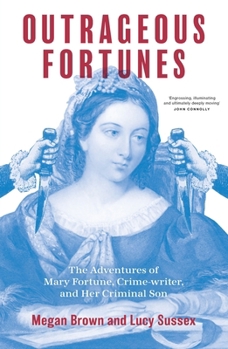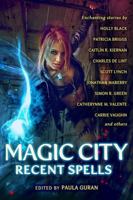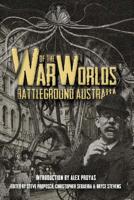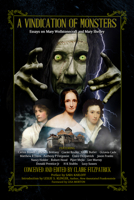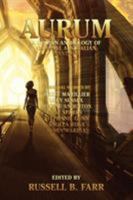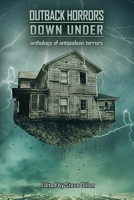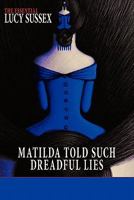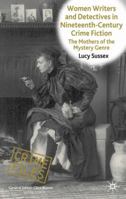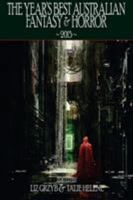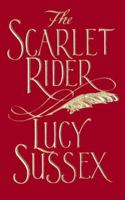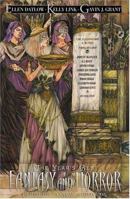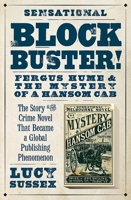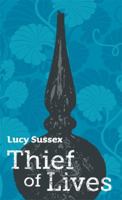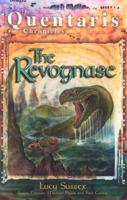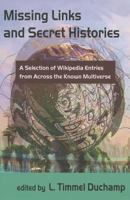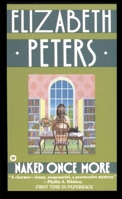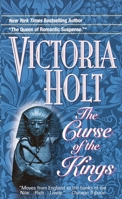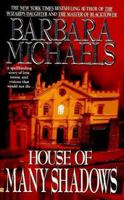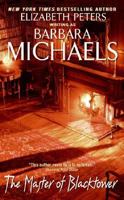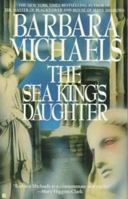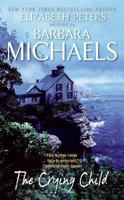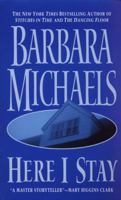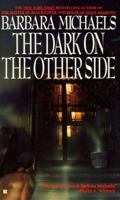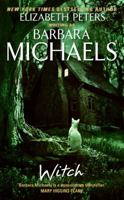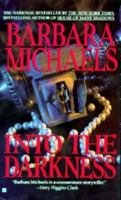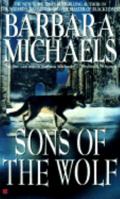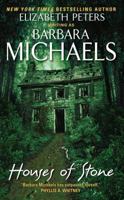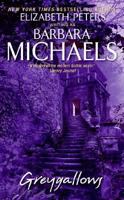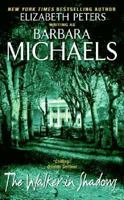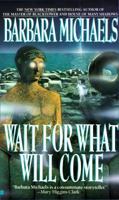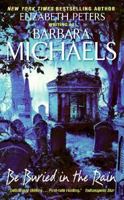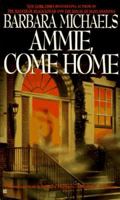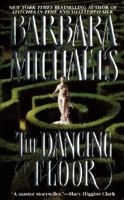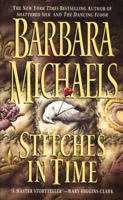Outrageous Fortunes: The Adventures of Mary Fortune, Crime-writer, and Her Criminal Son
Select Format
Select Condition 
Book Overview
When Mary Fortune arrived in Melbourne with her infant son in 1855, she was determined to reinvent herself. The Victorian goldfields were just the place.
After a time selling sly grog and a bigamous marriage to a policeman, Mary became a pioneering journalist and author. The Detective's Album was the first book of detective stories to be published in Australia and the first by a woman to be published anywhere in the world. Her work appeared in magazines and newspapers for over forty years - but none of her readers knew who she was. She wrote using pseudonyms, often adopting the voice of a male narrator to write about 'unladylike' subjects.
When Mary died in 1911, her identity was nearly lost. In Outrageous Fortunes, Megan Brown and Lucy Sussex retrieve Fortune's astonishing career and discover an equally absorbing story in her illegitimate son, George. While Mary was writing crime, George was committing it, with convictions for theft and bank robbery. In their intertwined stories, crime fiction meets true crime, and Melbourne's literary bohemia consorts with the criminal underworld.
'Mary Fortune's bold fictions electrified colonial Australia. But her own story, pieced together by two tenacious literary detectives, was best of all.' -Gideon Haigh
'A fine introduction to the author and her work.' -Garry Disher
'Outrageous Fortunes is a delight: beautifully written and carefully researched, it is an engrossing, illuminating and ultimately deeply moving portrait of an extraordinary woman and her ne'er-do-well son. The pioneering crime writer Mary Helena Fortune finally receives the biography she deserves, and no mystery reader should be without it.' -John Connolly











